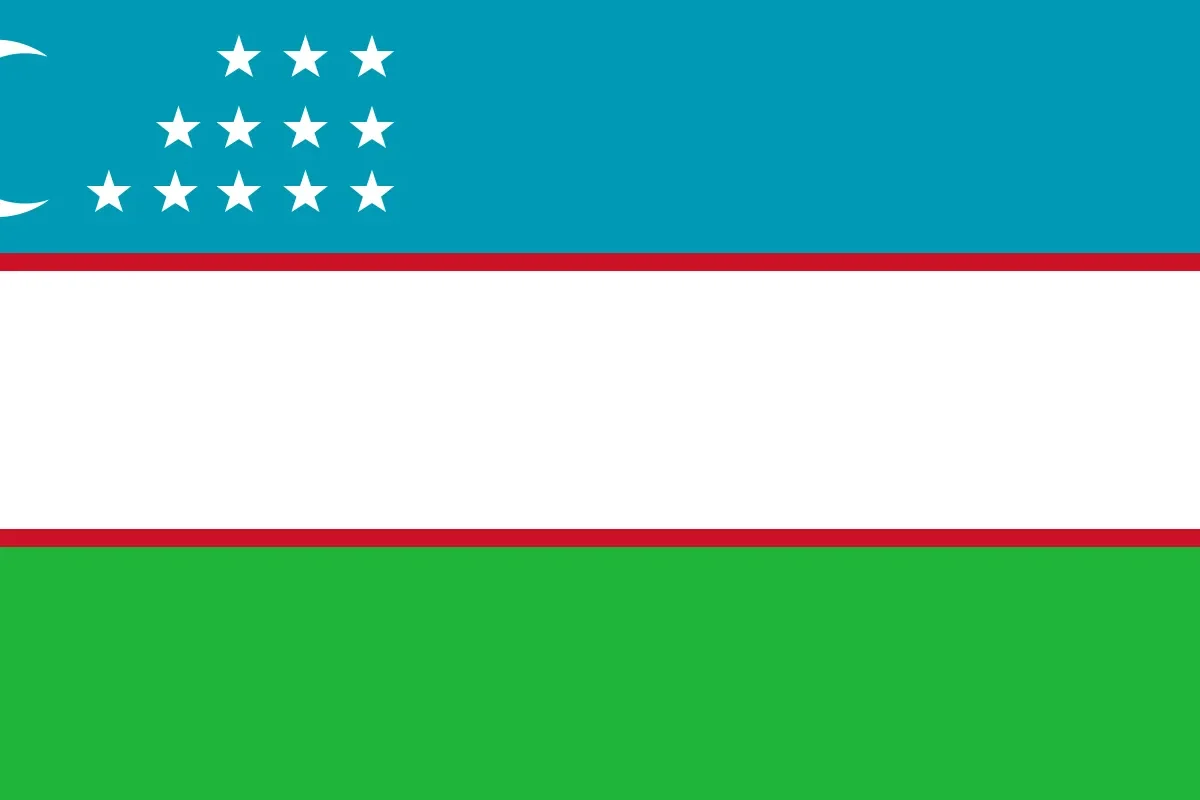The Asia-Pacific Commerce and Industry Confederation (APCIC) is pleased to present this comprehensive guide to Indonesia, Southeast Asia’s largest economy and a key player in global trade. This report provides insights into Indonesia’s economic landscape, key industries, trade policies, taxation framework, and strategic recommendations for APCIC members exploring opportunities in this dynamic and resource-rich market.
1. Panorama económico
Indonesia, with a GDP of approximately $1.4 trillion in 2023, is the world’s 16th-largest economy and the largest in Southeast Asia. Known for its vast natural resources, youthful population, and strategic location, Indonesia is a vital trade and investment hub in the Asia-Pacific region.
Indicadores económicos clave:
- Crecimiento del PIB: Estimated at 5.1% in 2023, driven by domestic consumption, exports, and infrastructure development.
- Población: Approximately 280 million, with a young and growing middle class.
- Tasa de inflación: Stabilized at 3.4% in 2023, reflecting effective monetary policies.
2. Industrias clave
Indonesia’s economy is anchored by a mix of traditional and emerging sectors:
- Natural Resources: A major exporter of coal, palm oil, nickel, and rubber, with increasing investments in sustainable resource extraction.
- Fabricación: Growth in electronics, automotive, and textiles, supported by the “Making Indonesia 4.0” initiative.
- Turismo y hostelería: Renowned for destinations like Bali and Yogyakarta, Indonesia is expanding eco-tourism and luxury tourism offerings.
- Energías renovables: Investments in geothermal, solar, and wind energy align with Indonesia’s decarbonization goals.
- Agricultura y agroalimentación: Leading producer of palm oil, coffee, and spices, with growing focus on high-value and organic exports.
- Technology and Digital Economy: A booming startup ecosystem, particularly in fintech and e-commerce, driven by widespread smartphone adoption.
3. Políticas comerciales
Indonesia’s trade policies aim to enhance its global integration and economic diversification:
- Regional Comprehensive Economic Partnership (RCEP): Membership provides preferential market access within ASEAN and its key trade partners.
- Acuerdos de libre comercio (ALC): Active agreements with Japan, South Korea, and Australia, alongside ASEAN-wide FTAs.
- Economía orientada a la exportación: Policies prioritize exports in natural resources, agriculture, and manufacturing.
4. Marco fiscal
Indonesia’s tax system has been restructured to encourage foreign investment:
- Impuesto de sociedades: Standard rate of 22%, with reductions for certain industries and regions.
- Impuesto sobre el valor añadido (IVA): Standard rate of 11%, applicable to most goods and services.
- Impuesto sobre la renta de las personas físicas: Progressive rates ranging from 5% to 35%, depending on income levels.
- Incentivos a la inversión: Tax holidays, reduced corporate rates, and customs exemptions are available for investments in priority sectors.
5. Clima de inversión
Indonesia offers a favorable environment for trade and investment, characterized by its strategic location and vast domestic market:
- Ubicación estratégica: Positioned along key maritime trade routes, Indonesia is a gateway to the Asia-Pacific region.
- Youthful Workforce: A growing and increasingly educated labor force supports innovation and productivity.
- Infrastructure Development: Investments in ports, airports, and transport networks enhance connectivity and efficiency.
- Ecosistema de innovación: Government initiatives like the “Digital Indonesia” program foster growth in technology and e-commerce.
6. Recomendaciones estratégicas
For APCIC members considering investments or trade in Indonesia:
- Leverage Natural Resource Wealth: Partner in sustainable mining and processing of nickel, coal, and other resources to meet global demand for renewable energy technologies.
- Ampliar la fabricación: Invest in electronics, automotive, and textile production under the “Making Indonesia 4.0” program.
- Aprovechar las exportaciones agroalimentarias: Collaborate with local producers to export high-value commodities like coffee, palm oil, and spices.
- Invest in Renewable Energy Projects: Explore opportunities in geothermal, solar, and wind energy aligned with Indonesia’s energy transition goals.
- Engage in Tourism Growth: Develop luxury accommodations, eco-tourism ventures, and cultural tourism projects in key destinations.
- Focus on Digital Economy: Invest in Indonesia’s fast-growing fintech and e-commerce sectors, supported by its large consumer base and smartphone penetration.
Conclusión
Indonesia’s vast market, abundant resources, and strategic location make it an ideal destination for trade and investment. APCIC members are encouraged to use this guide to navigate opportunities in Indonesia and establish a strong presence in one of Southeast Asia’s most promising economies.




